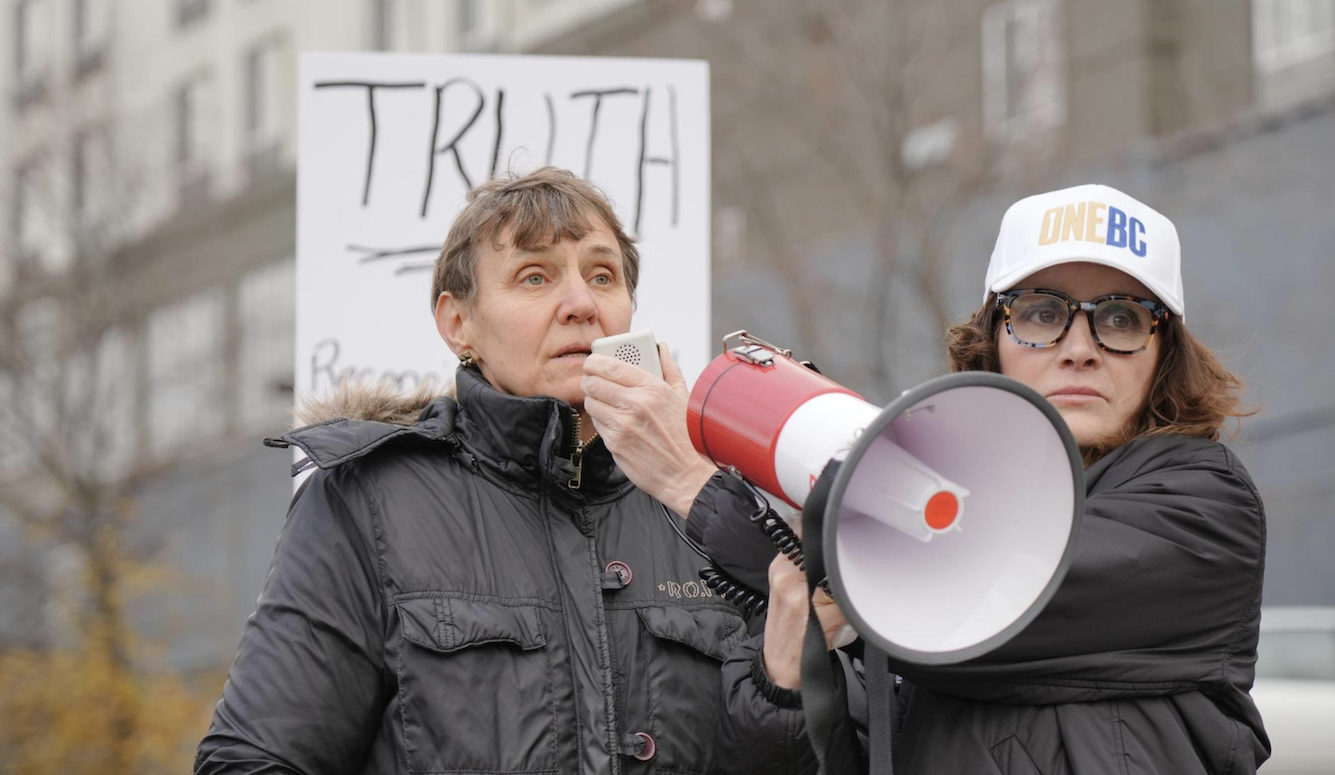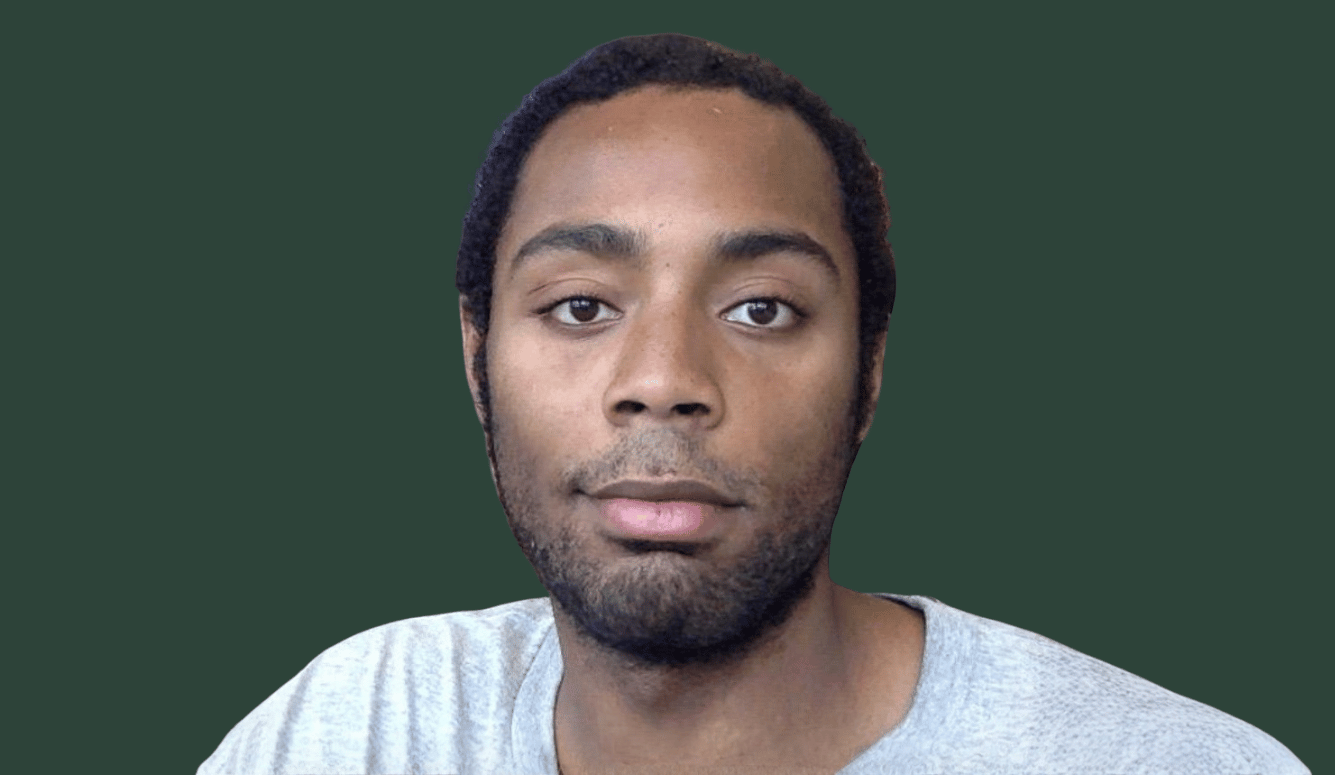Long Read
Privilege Checking the Privilege Checkers
If we hope to maintain our privileges – and work towards securing them for others – we must be aware of the bad ideas that threaten them.

Having the privilege conversation is itself an expression of privilege. … It’s not just that commenting online about privilege – or any other topic – suggests leisure time. It’s also that the vocabulary of ‘privilege’ is learned at liberal-arts colleges or in highbrow publications.
~ Phoebe Maltz Bovy, “Checking Privilege Checking,” The Atlantic
All societies are evil, sorrowful, inequitable; and so they will always be. So if you really want to help this world, what you will have to teach is how to live in it.
~ Joseph Campbell, Myths to Live By
A couple of years ago, while studying law in western Canada, I took a political science course on environmental issues taught by a renowned professor. Having become alarmed at the lack of legal protections for the environment, I hoped to learn more about the politics behind such flagrant and pervasive oversights.
Unfortunately, the class was a bust. Instead of analyzing political thought and behaviour related to our current ecological crisis, the course taught a strange blend of self-help and pseudoscience. We “learned” that atoms have free will, that the Earth purposefully maintains conditions conducive to life, that modern science is naïvely reductionist and therefore urgently in need of a paradigm shift, and that Francis Bacon was one of the main architects behind the modern disconnect from nature.
As I listened to students uncritically accepting these ideas, I grew increasingly concerned with the current state of the social sciences. At the same time, however, I became intrigued by the peculiar tone of the classroom discussion. Rather than simply offering comments – as was common in my law classes and, indeed, most of life – students frequently prefaced their opinions by first acknowledging their privileged status as educated Westerners. While it’s laudable to recognize the role that luck plays in success and in defining worldviews, the semester-long repetition of the phrase “Speaking from a position of privilege” quickly got annoying. By the end of the first seminar, it was clear that we all recognized our privilege. By the end of the semester, I was not sure why we had to keep bringing it up.
That said, even though these declarations of privilege were unnecessary and irritating, I figured that they were the product of an unimpeachable moral intuition. After all, if more of us could recognize that our good fortune in life is largely accidental, we’d be more open to helping others and less likely to think ourselves superior. When people cannot spot their privilege, they often succumb to inflated egos and a sense of conceit, thinking that their success is due solely to their own efforts. So, although we were sitting around indulging in pseudoscience and loose talk about how to salvage the environment, at least we weren’t being smug about it. We could acknowledge that much of our lot in life is no testament to our rectitude, just a result of arbitrary good fortune.
However, as time has passed and I’ve encountered acknowledgements of privilege both on and off campus, I’ve noticed an unfortunate trend. More often than not, when someone affirms their privilege or points out the privilege of others, they do so in a way that betrays an utter cluelessness about that very privilege. “Privilege talk” is regularly accompanied by hypocritical accusations, outrage over trivialities, and uncritical hatred of important modern institutions, which are attitudes that would neither exist nor be tolerated but for the privilege that we all enjoy. When someone says, “Speaking from a position of privilege,” it’s a safe bet that what follows will display an indifference to their privilege (or even an implication that it’s some kind of burden), which, of course, is an attitude only a very privileged person could hold.
Sadly, the pernicious ironies of privilege talk are generally lost on those who claim to be most aware of privilege. Moral indignation has a way of obscuring sober reasoning, and those who speak of privilege are often primed (by professors, peers, and media) to actively seek out moral transgressions. As such, many backwards beliefs and harmful attitudes have found a toehold amongst “privileged” millennials, who presume their views to be self-evidently righteous and thus not up for debate. Many of these views, were they to become widespread, would lead to the destruction of the privileges that we in the developed world are so fortunate to enjoy. These include free expression, freedom of the press, freedom of peaceful assembly, the rule of law, and ongoing efforts to judge people not by their phenotype but rather by their actions.

If we hope to maintain our privileges – and work towards securing them for others – we must be aware of the bad ideas that threaten them. Paying lip service to privilege is an empty gesture if we don’t first appreciate the reasons it exists. As we accrue privilege, these reasons become less obvious: few people are eternally grateful for anaesthesia, eyeglasses, vaccines, an impartial judiciary, building codes, or a strong economy. But if we were to lose any of these, they would be widely and sorely missed. By ignoring or downplaying how privilege comes to exist, we risk losing the habits, knowledge, and institutions that support our high standard of living.
Many of the ideas that accompany privilege talk, if implemented, would wreak havoc on human wellbeing. If people truly acknowledged their privilege, they would show a greater concern for the forces behind it, which permit them to lead long, healthy, educated, leisure-filled lives, all the while incessantly complaining about the unadulterated evils of modern civilization.
So, when people claim to be “checking their privilege,” I propose that they put in a more genuine effort to really do so. To honestly acknowledge privilege requires balanced critical thought, the ability to self-reflect, and a willingness to converse with those who disagree. Without these traits, we’d have no privilege whatsoever and might as well give up on the entire human experiment.
With that in mind, let’s consider some views espoused by those who routinely clear their throats with professions and confessions of privilege, to see how they belie the pretence of genuine understanding.
1. Words as Violence
Many will equate words with violence, claiming that harsh criticism and invective are akin to physical abuse. According to this view, violence may be inflicted upon a person merely by offending them. Anyone who claims to believe this, despite never having experienced actual fist-in-their-face, gun-at-their-back, war-in-their-streets physical violence, may need to check their privilege.
Where words offer direct calls to violence, the distinction between the two can become hazy. But in most other instances it’s irresponsible to pretend that words are on par with violence. Words, when used competently, are the tools that allow us to avoid violence. They are our only other means of persuasion. Although words can cause hurt feelings and stress responses, their negative effects generally pale in comparison to the harms wrought by physical violence. And since how we think about things influences how we feel about them, the belief that words are violence is likely to produce greater hurt feelings and stress responses, thus hindering words’ ability to defuse tense situations.
Furthermore, if we tear down the distinction between words and violence, then why not simply use violence to solve our problems as a first rather than a last resort?
2. Scientism
The privilege-conscious will sometimes declare modern science to be a power structure that arbitrarily promotes the views and practices of today’s dominant culture. In essence, they think of science as a narrative produced by Western elites that, while influential, is no more reliable than folk wisdom. It is only preferred because it reinforces a white patriarchal monopoly on our view of truth.
Anyone who has never had to undergo surgery without anaesthesia, has safely flown across the world to escape the cold of their local winter, and carries the luxuries of telecommunications in their pocket, but believes the scientific method to be the reprehensible instrument of a white male conspiracy keeping minorities in bondage and cleaving us from nature, should probably check their privilege.
There are better and worse ways of pursuing truth. The worse ways are the most intuitive, so come naturally to every culture that has ever existed (including our own). Humans are naturally disposed to describe nature by appeals to anthropomorphism and teleology, despite the fact that the natural world is neither human-like nor purpose-driven. Fortunately, we’ve uncovered methods that allow people of any skin colour, culture, or identity to discover more accurate ways of thinking about reality. These methods (and the knowledge and understanding they uncover) are what we call science. Science is one of the few social endeavours that produces identical results regardless of the identity of the people involved. In this way, it approximates the egalitarian ideals (justifiably) cherished by those on the political Left.
Even if white men happen to have greater access to science than others, this is no reason to dismiss or denigrate science – rather, it’s a reason to promote science more broadly so that people of all identities can take part in our best efforts to describe reality.
3. Capitalism & Freedom

Many of the most privilege-conscious see capitalism as an evil economic regime and think of freedom only as a propaganda term thrown about by neoconservatives. To them, capitalism is the bogeyman hiding behind all of our societal ills, and freedom is an ideal used purely to justify global abuse. If someone lives in a country graced by low levels of poverty, legitimate democratic elections, and a press that publicizes the plight of the governed, yet they wish to abolish markets and live in something more akin to a Communist state, they should check their privilege.
It has become a progressive cliché to say that North America needs to replace the free market with a socialist model in the vein of the Nordic countries (Norway, Sweden, Iceland, Denmark, and Finland). Somehow, this notion has spread despite the fact that these countries have actually embraced free market capitalism. Much of their economic and political success flows from their commitment to private property and free markets. The strong social safety net and renowned public services of the Nordic countries exist alongside, not instead of, the capitalist paradigm.
By craving some sort of post-capitalist utopia, we are wasting effort on a chimera. A viable way of discarding capitalism may some day emerge, but until then we would do best to emulate societal models that have proven themselves. In our case, we should focus not on eliminating capitalism but on improving it, through wiser modes of regulation, taxation, and allocation of tax revenue.
4. Believe the Victim
Many of today’s privilege-conscious believe that when grievances are filed against white men by members of historically oppressed groups, we should unconditionally believe the alleged victims. This attitude is most visible in the furor that surrounds sexual assault trials, where some commentators suggest that unequivocal belief in victims’ claims should trump due process. If a person is lucky enough to live in a state where citizens possess the right to be considered innocent until proven guilty in a fair trial, yet they’d rather use tribal markers such as skin colour, class, or sex to determine the guilt of an accused, then they should check their privilege.
Who is Jackie? Rolling Stone’s rape story is about a person – and I believe her http://t.co/m9uSby4dLv
— Jessica Valenti (@JessicaValenti) December 8, 2014
No sane person can deny that in some instances proving guilt is hard. In cases involving sexual assault, where we’re dealing with private acts and incompatible perceptions, the burden of guilt is especially difficult to satisfy. However, if we abandon due process and rely instead upon identity or gut reaction to determine a person’s guilt, we sacrifice an important bulwark against tyranny. Wherever identity – rather than the facts of a case – decides guilt or innocence, we lose the collective security of a legal system rooted in an agreed-upon reality. By removing the obligation to scrutinize evidence, we allow ourselves to operate on pre-existing prejudices, reducing our courts of law to mere kangaroo courts. A world without due process would contain far more injustice than we face today.
Although some victims fight uphill evidential battles, we cannot make a better world by ditching due process. Rather, we must find ways of accounting for the difficult burdens of proof faced by some people, while also preserving the legitimacy of the law. This approach may be less gratifying than simply Tweeting #believethevictim, but it aims to preserve civil liberties that we all – regardless of identity – should cherish.
5. Oppression in Western Civilization
Many of today’s privilege-conscious view white people and the structures of Western societies as irredeemably evil. To them, Western democratic nations are bastions of racist and sexist oppression operating under the guise of “progress.” To question the attitudes and practices of other cultures is racist, but to condemn Western society is a moral obligation. If someone (rightfully) deplores racism and sexism, yet views white males as intrinsically wicked and sees the Western pursuit of knowledge, progress, and morality as a grievous blight upon history, then they should check their privilege.
Maybe our education system has let them down, neglecting to teach them about the horrors of history and depravities of human nature faced by most people who have ever lived. Maybe the atrocities carried out by previous generations have clouded their minds with guilt, and all Western institutions now seem hopelessly tainted by association. Or maybe they’re simply the victim of a runaway negativity bias that’s been amplified by likeminded media and peer groups. Whatever the reason, people who hate the democratic and open societies that have nurtured them would do well to reconsider.
Although Western societies could be doing many things better, we can appreciate that we’re already doing many things right; compared to the Middle Ages, the Islamic world, or even our own culture fifty years ago, we are a veritable oasis of equality and potential wellbeing. If we cannot recognize our strengths, we cannot build and draw upon them to succeed. By focusing only on our weaknesses we incubate self-hatred that serves no purpose, because to correct any weakness requires the deployment of pre-existing strengths. A balanced and productive worldview must account for the bad and the good in one’s own culture.
* * *
Privilege brings many of the risks that come with being spoiled. Spoiled children often think themselves superior to others while failing to appreciate the full extent of their spoils. If we are not mindful, our privilege can turn us into spoiled children who care nothing for our own advantages and opportunities, yet always crave more. Unfortunately, such a mindset seems to be infecting broad swathes of the West’s most privileged millennials.
As progress comes to pass, it’s easy to take it for granted and become greedy for more. This is part of the human condition, but it’s important that we keep it in check. Many people who claim to deplore established “Western” progress nevertheless obsess over their own versions. But when we succumb to a greed for progress that’s divorced from the restraints of reality, we often overreach and cause great harm. One need not look far into the past to find under-informed yet over-eager attempts to bring about utopias that produced some of human history’s most heinous chapters.
When we truly appreciate our privilege, we understand that it contains the seeds of the progress we seek. If we cannot acknowledge that we’ve already made great strides towards high ideals like universal human rights, the elimination of poverty, and democratic equality, then we’re apt to become unduly nihilistic about Western civilization. To appreciate progress does not mean that we must think ourselves perfect, refrain from self-criticism, or settle for the status quo. It simply means that we appreciate just how far the talking, tribal apes we call human beings have come.






